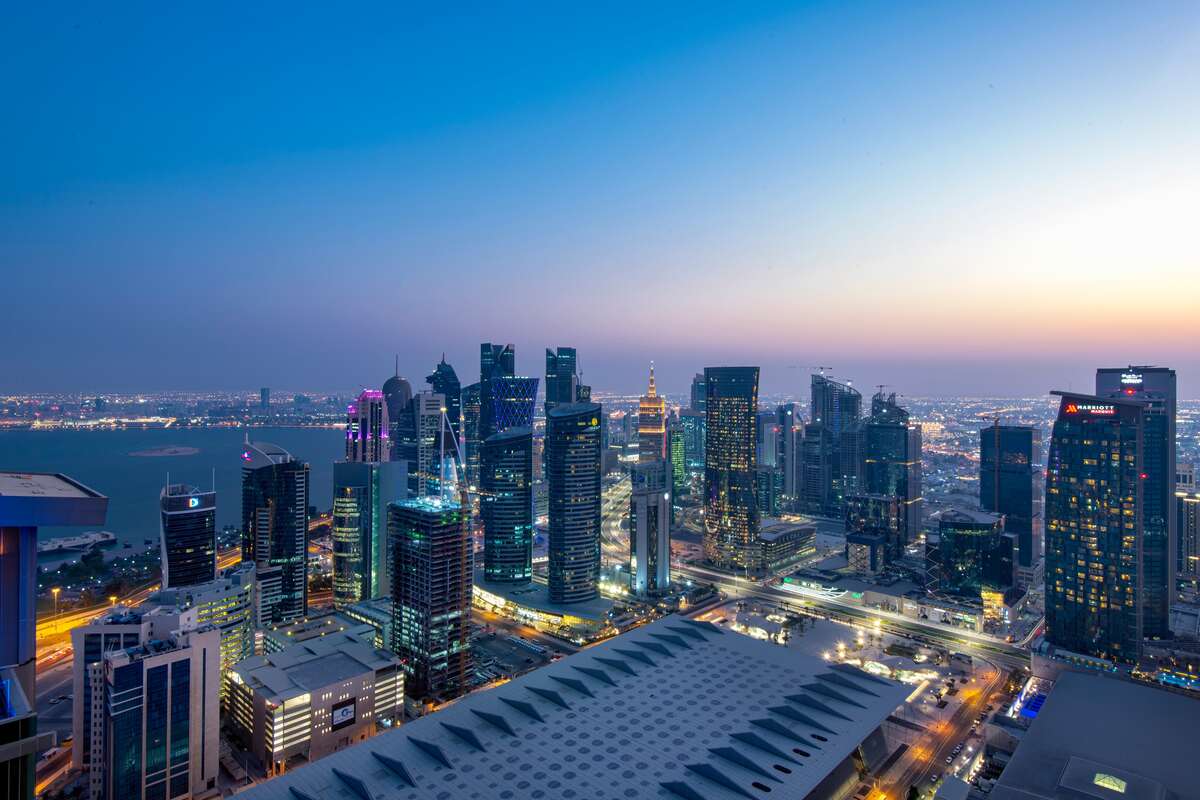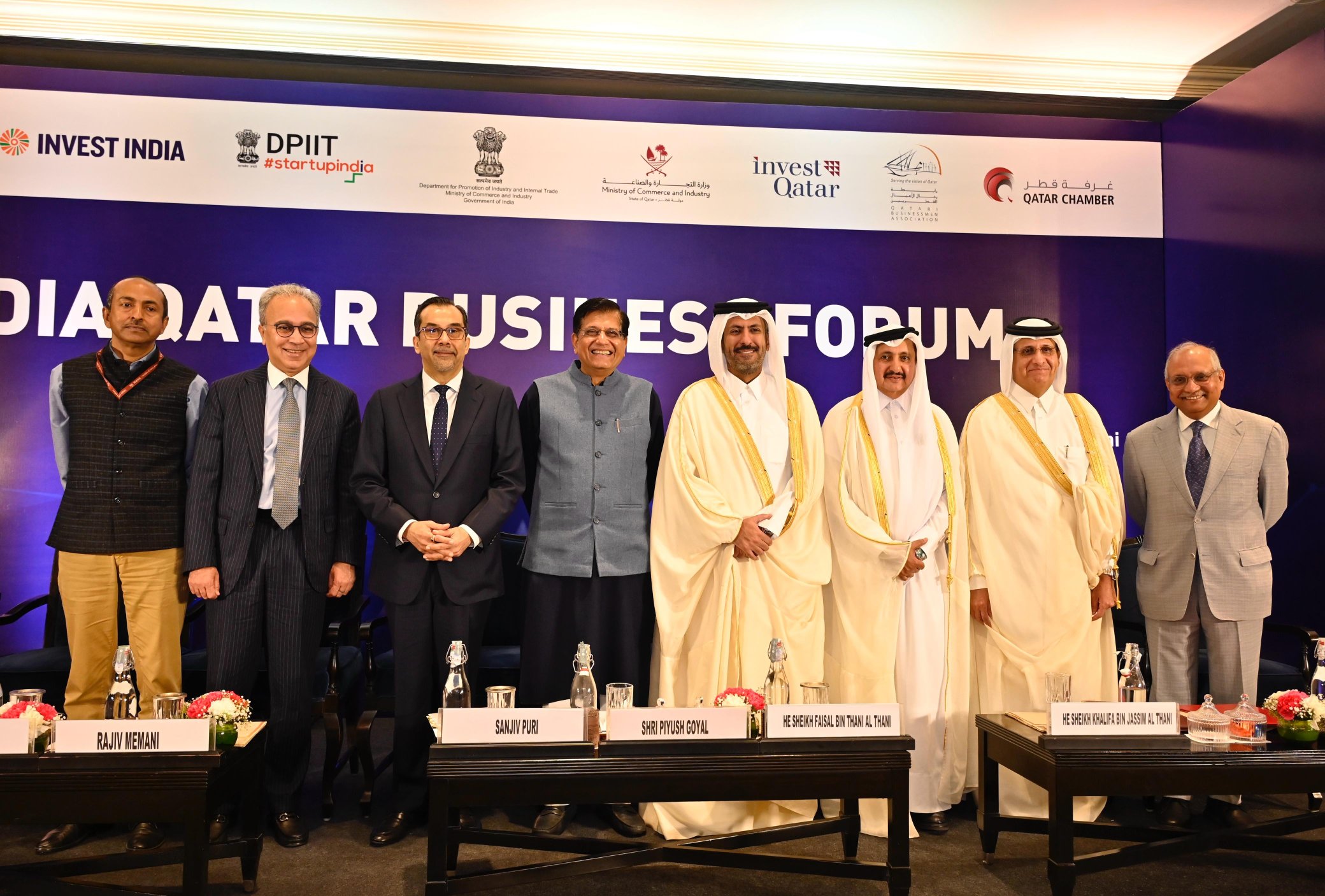EU firms in China forced to focus on risks over business, lobby group says

European companies in China are overly focused on risk management amid a less predictable and more politicised business environment in the world’s second largest economy, a business lobby group has warned.
The European Union Chamber of Commerce in China said on Wednesday that about three-quarters of respondents to a survey of its 1,700 members had reviewed their supply chains and exposure in China over the past two years amid a “general sentiment of uncertainty”.
Some 21 percent of respondents said they planned to expand their production in China, while another 12 percent planned to reduce it, the chamber said.
Only 1 percent said they planned to move production out of China entirely, according to the survey.
The findings come “at a time when the global business environment is becoming increasingly politicised, and companies are having to make some very tough decisions about how, or in some cases if, they can continue to engage with the Chinese market,” the lobby group said in a report accompanying the survey.
China’s market has become “less predictable, reliable and efficient”, while companies’ focus has become “skewed disproportionately towards risk management and building resilience”, the report said.
Foreign companies in China have faced a series of challenges in recent years, including slowing economic growth, ultra-strict COVID restrictions, US-China geopolitical tensions, and national security crackdowns.
While Beijing has sought to assure businesses that the country is open for business after the pandemic, authorities have carried out high-profile raids on foreign consulting firms, strengthened anti-espionage and state secrets laws, and restricted cross-border data sharing.
Tensions with Europe have also spiked since the EU Commission in September opened a probe into whether Chinese state-subsidised electric vehicle imports are undercutting European competitors.
In the EU Chamber of Commerce survey, some 55 percent of respondents said that the business climate in China was “more political over the past year”, leading firms to increase their focus on “de-risking” their operations there.
“At the corporate level, the volume, complexity and severity of the risks companies face have grown exponentially in recent years, as politics has seeped into the business environment,” the report said.
Despite these concerns, Jens Eskelund, president of the chamber, urged European companies to reevaluate overly cautious behaviour to avoid stifling future growth and innovation.
“While it is natural that all global actors will seek to ensure the security of their respective economies, it should be done in a way that is minimally disruptive to business,” Eskelund said.
“Actions taken in the name of risk management and strengthening economic security should be proportionate, targeted and precise and should never become a cover for protectionism.”
Foreign direct investment into China sank to a 30-year low in 2023, with new investment falling to $33bn, 82 percent less than the previous year, according to government data.
China’s State Council this week announced a new action plan to promote foreign investment, focusing on key industries such as advanced chips and biopharmaceuticals.
The State Council also promised to address practices that discriminated against foreign companies, a longstanding complaint in the foreign business community.
Related
Qatar Business Leaders Optimistic About Long-Term Growth – HRO Today
Research from KPMG finds CEOs are prioritising resilience, technological innovation, and adaptability in 2025. By Maggie Mancini As organisations respond to glo
Indian Startups Showcase Innovation and Global Expansion at Web Summit…
Indian startups are making waves globally, and their latest venture at Web Summit Qatar 20
Qatar’s tax authority launches 100 percent financial penalty exemption initiative…
To qualify, companies must register on the Dhareeba Tax Portal and ensure that all taxpayer data is updatedQatar’s General Tax Authority recently announced th
India-Qatar Joint Business Forum held to Strengthen Bilateral Economic Ties…
NEW DELHI : On the sidelines of the visit of H.H. Sheikh Tamim bin Hamad bin Khalifa Al Thani, Amir of Qatar to In












